Conclavoscope - Cardinal Jean-Claude Hollerich
Cardinal Profile and Assessment
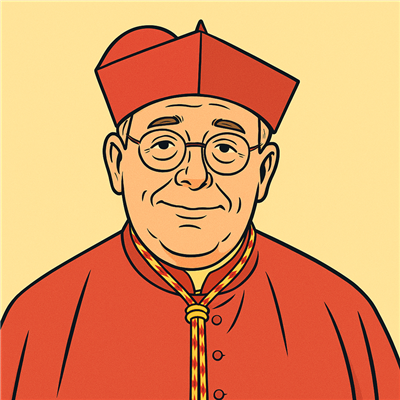
Luxembourgish cardinal, Jesuit, president of COMECE, known for his progressive positions on social issues and his commitment to a synodal and reformed Church.
| Criterion | Tendency |
|---|---|
| Moral doctrine | Very progressive |
| Liturgy | Progressive |
| Sociopolitical | Very progressive |
| Relationship with Pope Francis | Very progressive |
| Dialogue | Very progressive |
| Communication | Very progressive |
| Overall tendency | Very progressive |
Cardinal Hollerich has publicly called for a fundamental revision of the Church's teaching on homosexuality, stating that the sociological and scientific foundations of the current doctrine are outdated. He supports the blessing of same-sex unions and has expressed openness to the ordination of women, suggesting that the prohibition against female priests is not an infallible doctrinal decision and could change over time.
While not extensively documented, Cardinal Hollerich's support for liturgical blessings of same-sex couples and his openness to liturgical reforms suggest a progressive stance on liturgy and tradition.
Cardinal Hollerich actively engages in sociopolitical issues, emphasizing the Church's role in addressing climate change and social justice. He has highlighted the necessity of tackling climate change to save humanity and has criticized the erosion of moral awareness among world leaders.
A close collaborator of Pope Francis, Cardinal Hollerich serves on the Council of Cardinals and was appointed as the relator general for the Synod on Synodality. He has expressed deep admiration for Pope Francis, describing him as a father figure and a living example.
Cardinal Hollerich actively promotes interreligious dialogue, emphasizing the importance of humility and learning from others. He acknowledges the diverse religious landscape of Luxembourg and advocates for dialogue and mutual understanding among different faiths.
Known for his pastoral sensitivity and effective communication, Cardinal Hollerich engages with the faithful through thoughtful homilies and public statements. He emphasizes the Church's role in addressing contemporary societal challenges while remaining rooted in tradition.
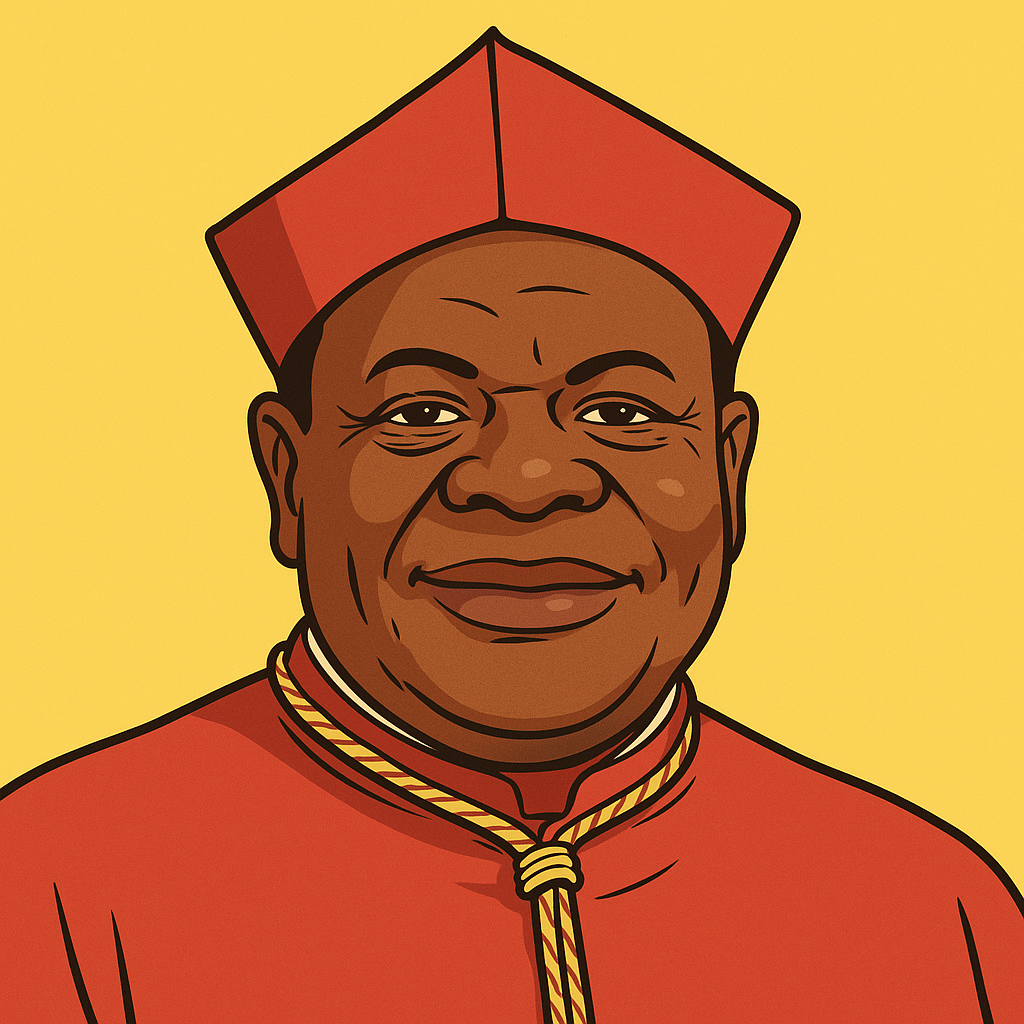
Democratic Republic of the Congo
Congolese cardinal, Archbishop of Kinshasa, known for his commitment to social justice and human rights defense, while maintaining a traditional doctrinal position.
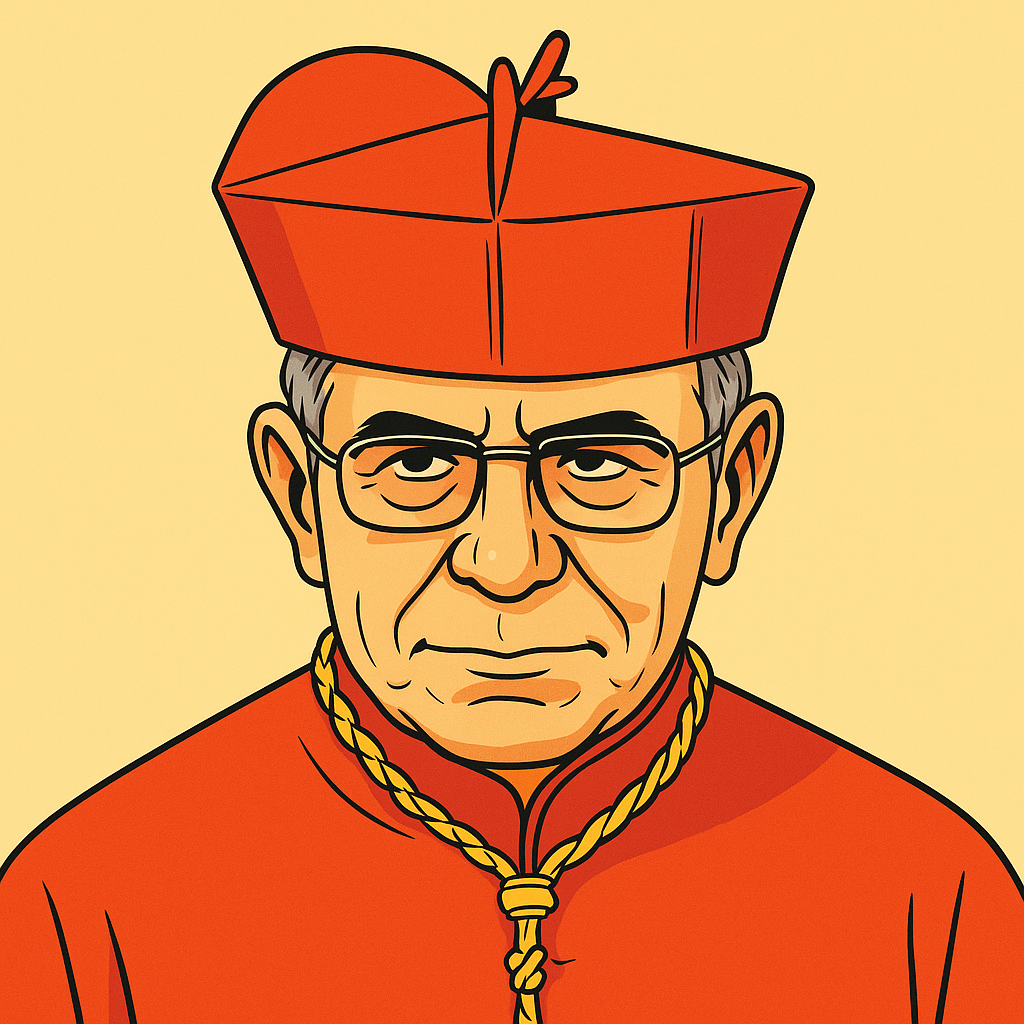
Cuba
Cuban cardinal, Archbishop of Havana, known for his balance between respect for local authorities and defense of the Church's mission in a complex political context.
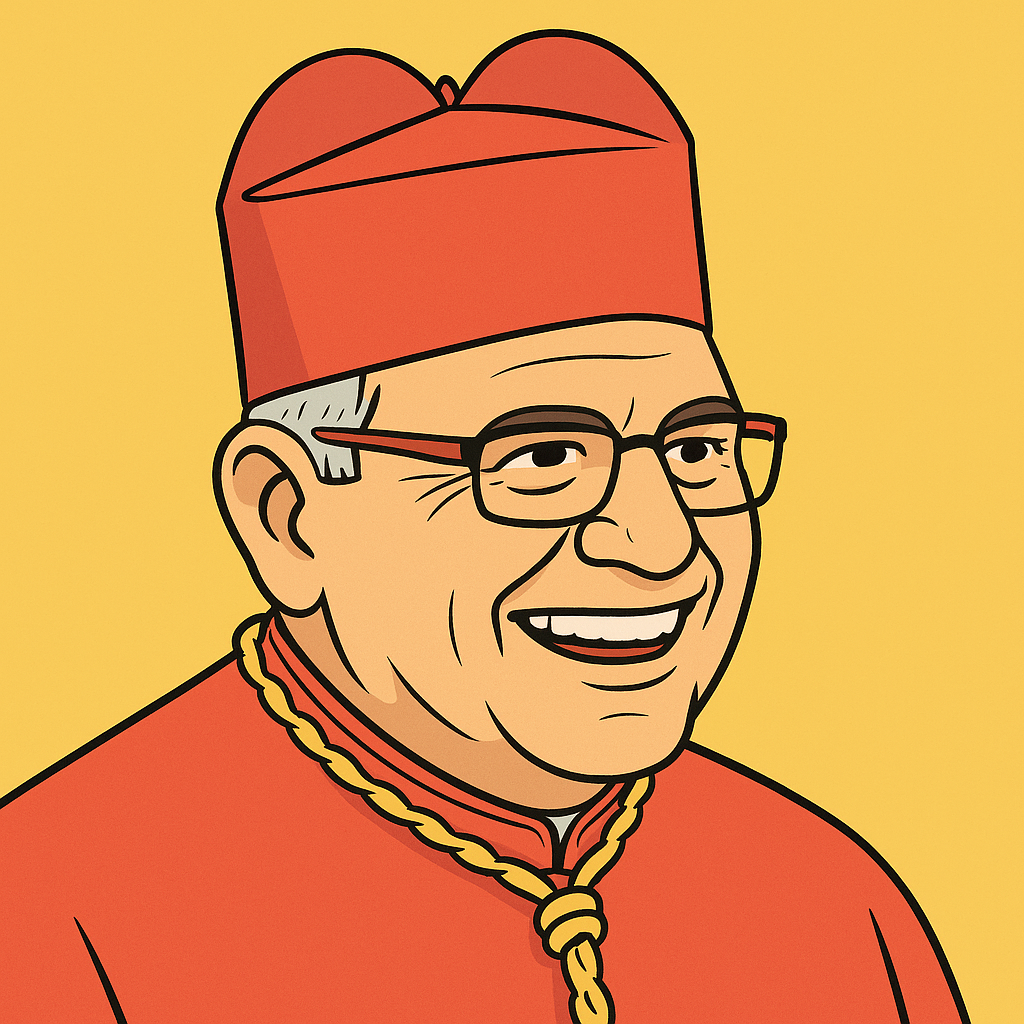
Guatemala
Guatemalan cardinal recognized for his work with indigenous communities and commitment to social justice, while maintaining a conservative position on doctrinal issues.

France
age: 67
French cardinal, Archbishop of Marseille, known for his commitment to interreligious dialogue and his open pastoral approach in a multicultural city.

Rwanda
age: 67
Rwandan cardinal, the first from his country, who lost his family during the genocide, known for his work on national reconciliation and his attachment to traditional doctrine.
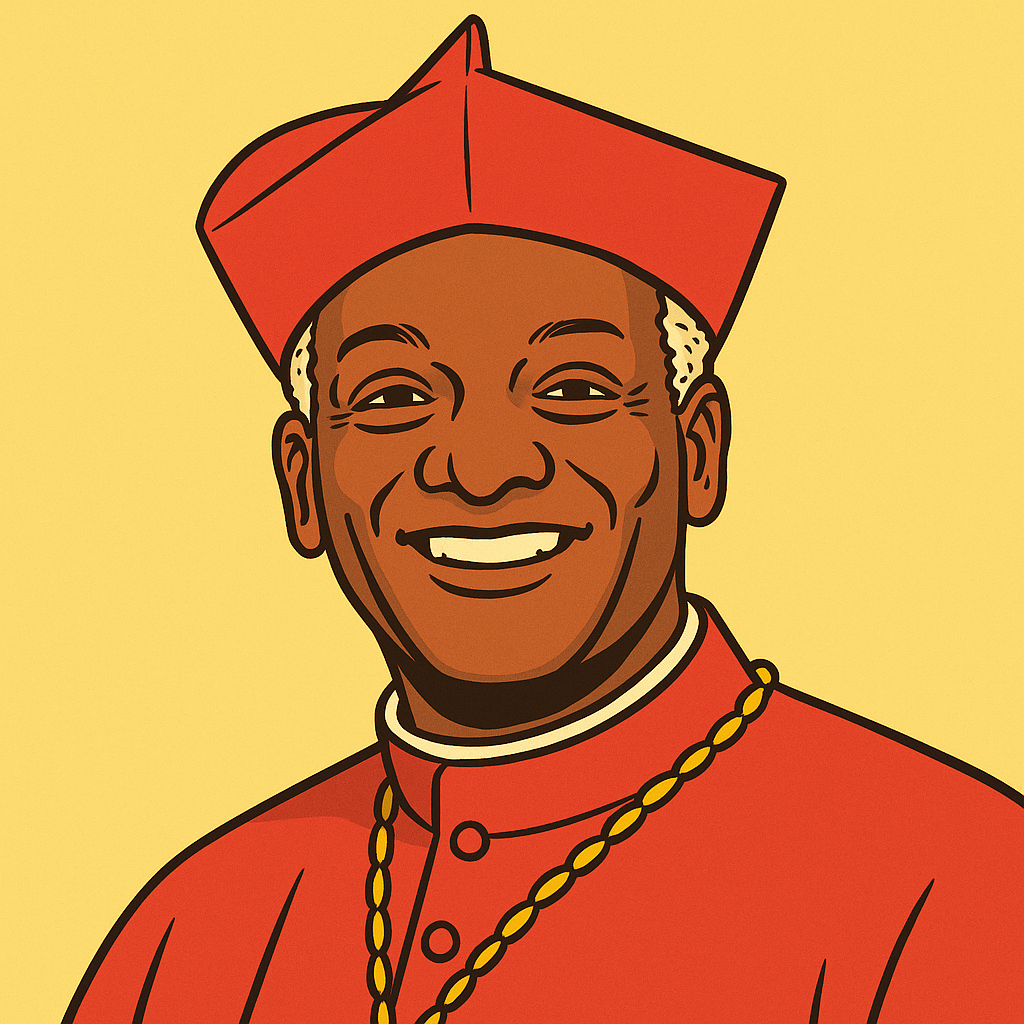
Haiti
age: 67
Haitian cardinal, the first from his country, recognized for his work in a context of great poverty and instability, maintaining a traditional doctrinal approach.
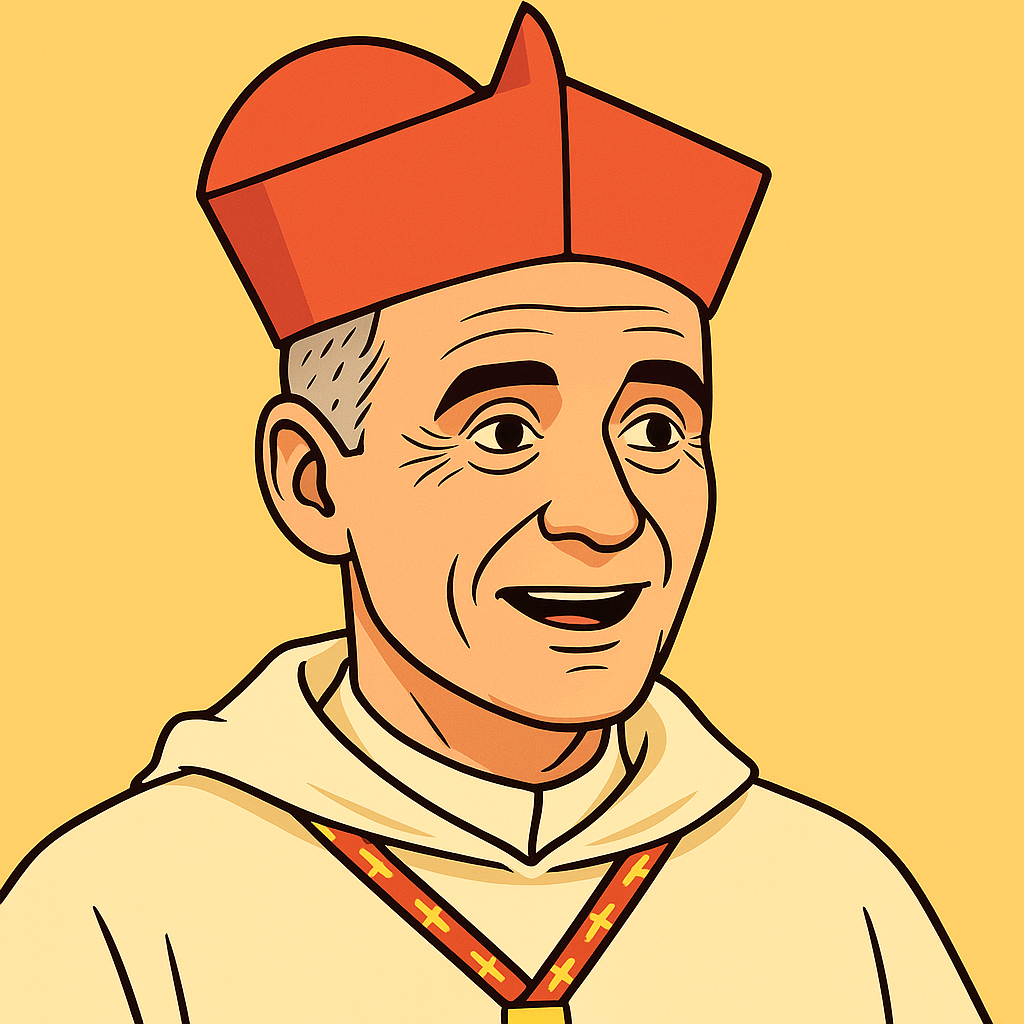
Algeria
French cardinal, Archbishop of Algiers, Dominican, known for his commitment to Islamic-Christian dialogue and his open positions on pastoral issues in a minority context.
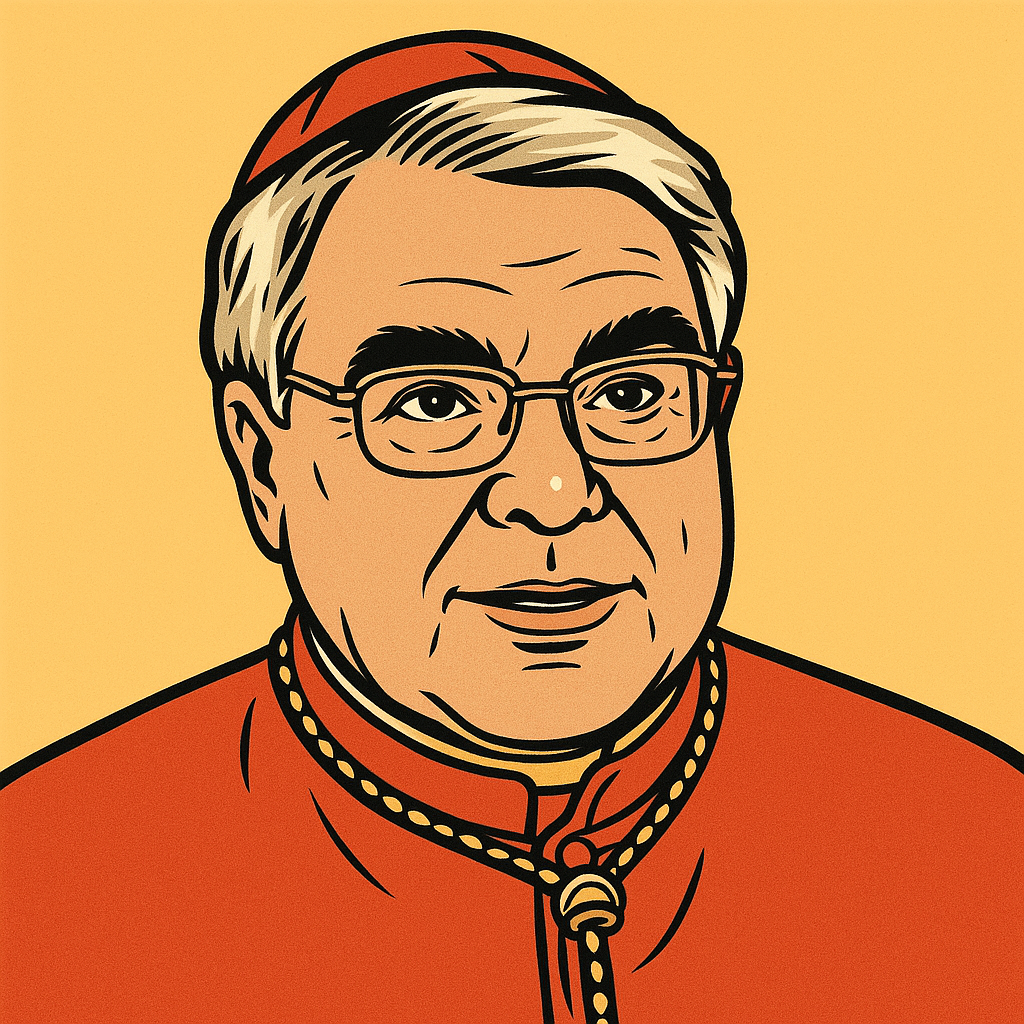
Italy
Italian cardinal, Prefect of the Dicastery for the Causes of Saints, close collaborator of Pope Francis, known for his open pastoral approach and implementation of reforms.
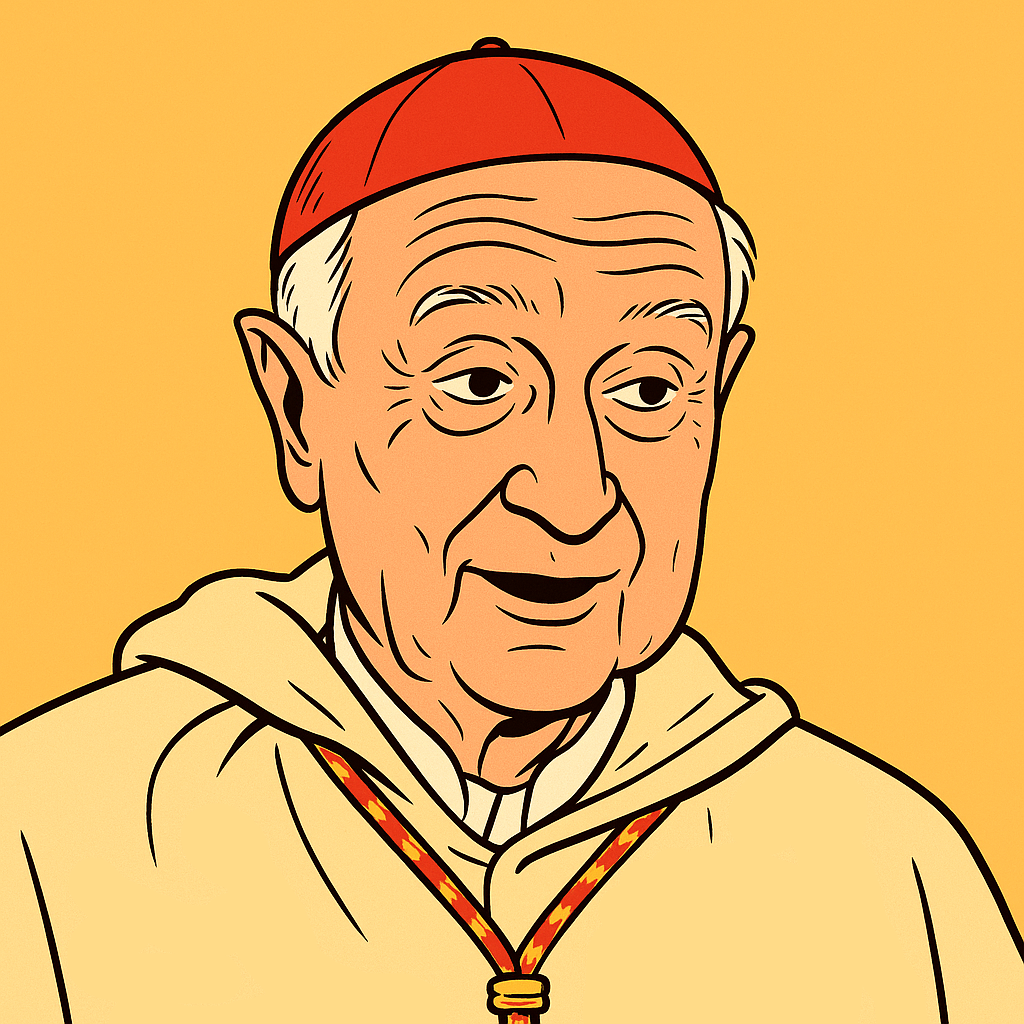
United Kingdom
British cardinal, Dominican, theologian and writer, known for his progressive vision of the Church, his commitment to dialogue and his accessible intellectual communication.
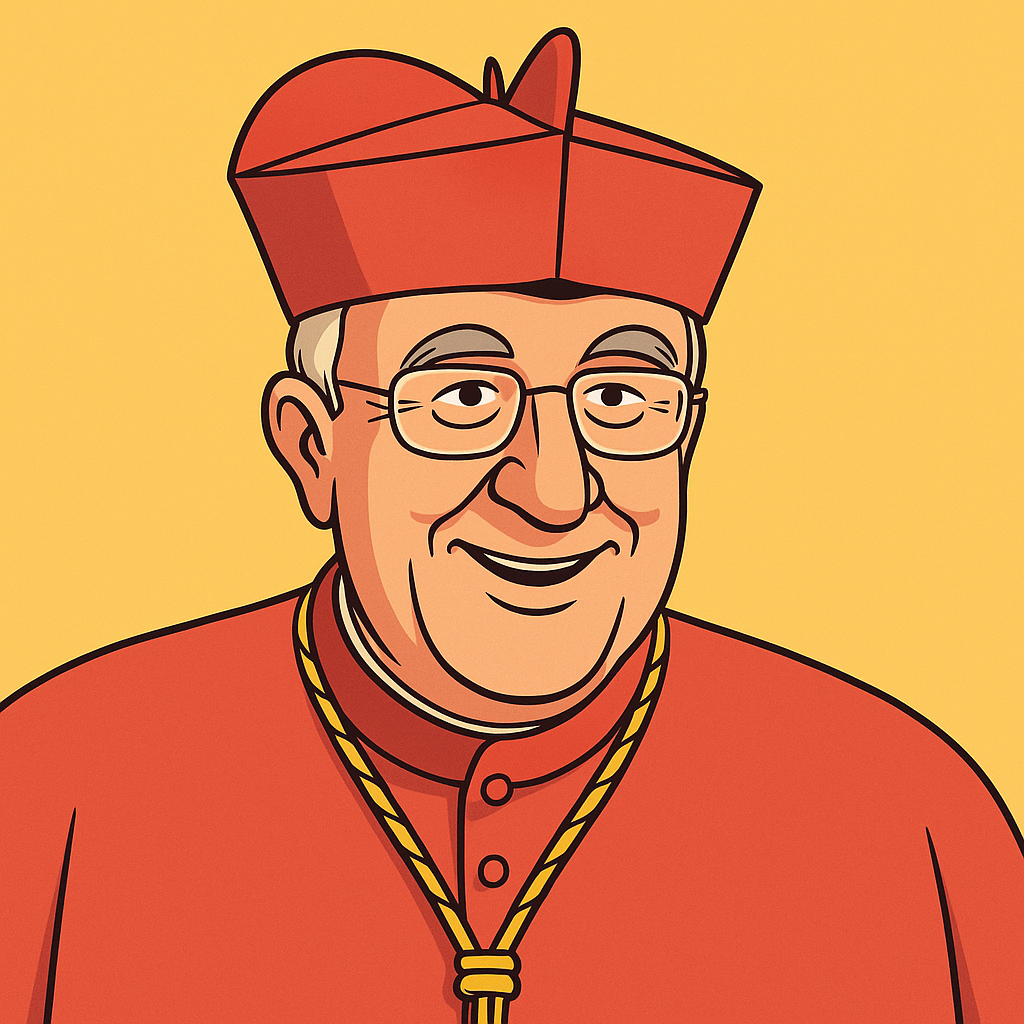
United Kingdom
British cardinal, Prefect of the Dicastery for Divine Worship, known for his balanced approach between respect for liturgical tradition and openness to reforms.

Portugal
Portuguese cardinal known for his pastoral approach and openness to modern issues, while maintaining a balance with tradition.
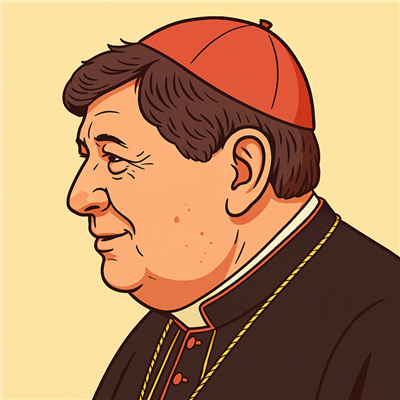
Brazil
Brazilian cardinal, Prefect of the Dicastery for Institutes of Consecrated Life, known for his balanced approach in reforming religious life and his openness to dialogue.
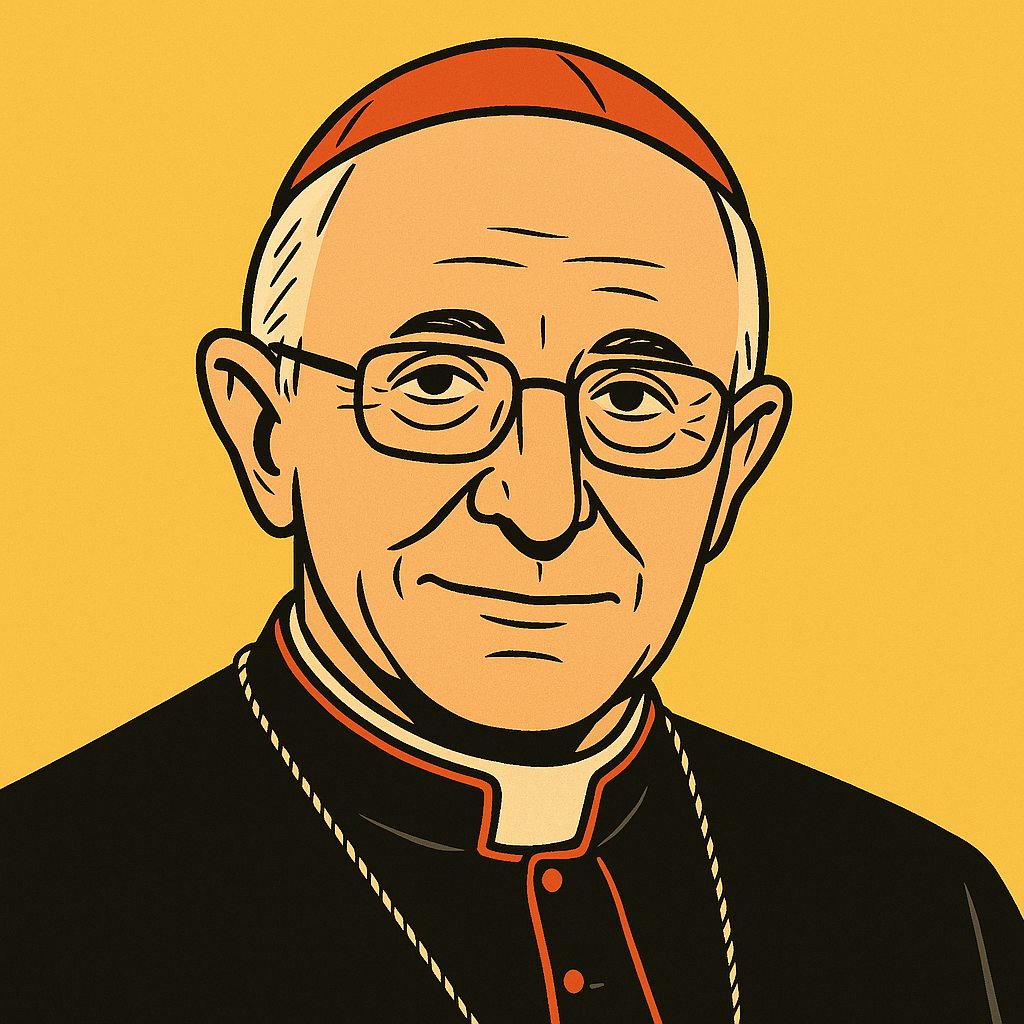
Italy
Italian cardinal, Grand Master of the Order of the Holy Sepulchre, former prefect of the Congregation for the Evangelization of Peoples, known for his missionary and diplomatic experience.
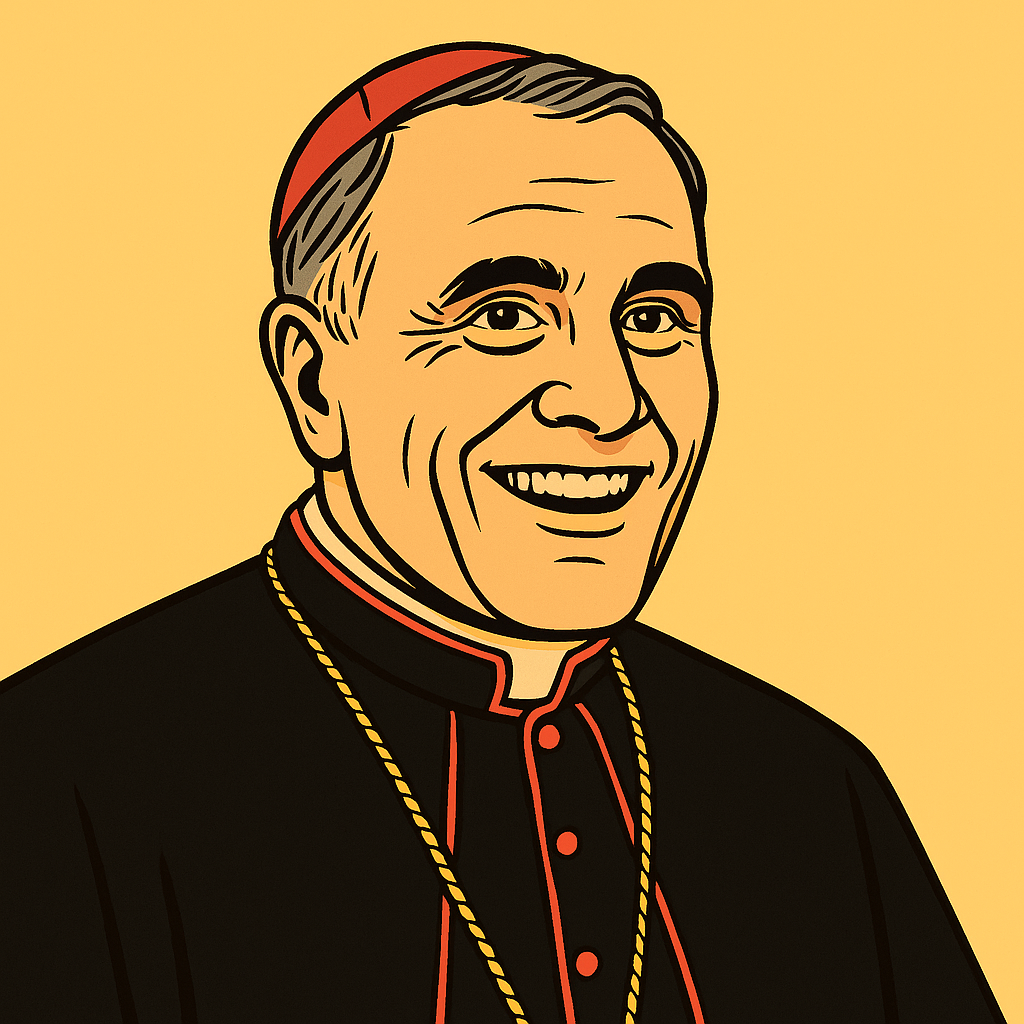
United States
American cardinal, known for his conservative positions on doctrine and liturgy, while seeking unity in a divided ecclesial context.
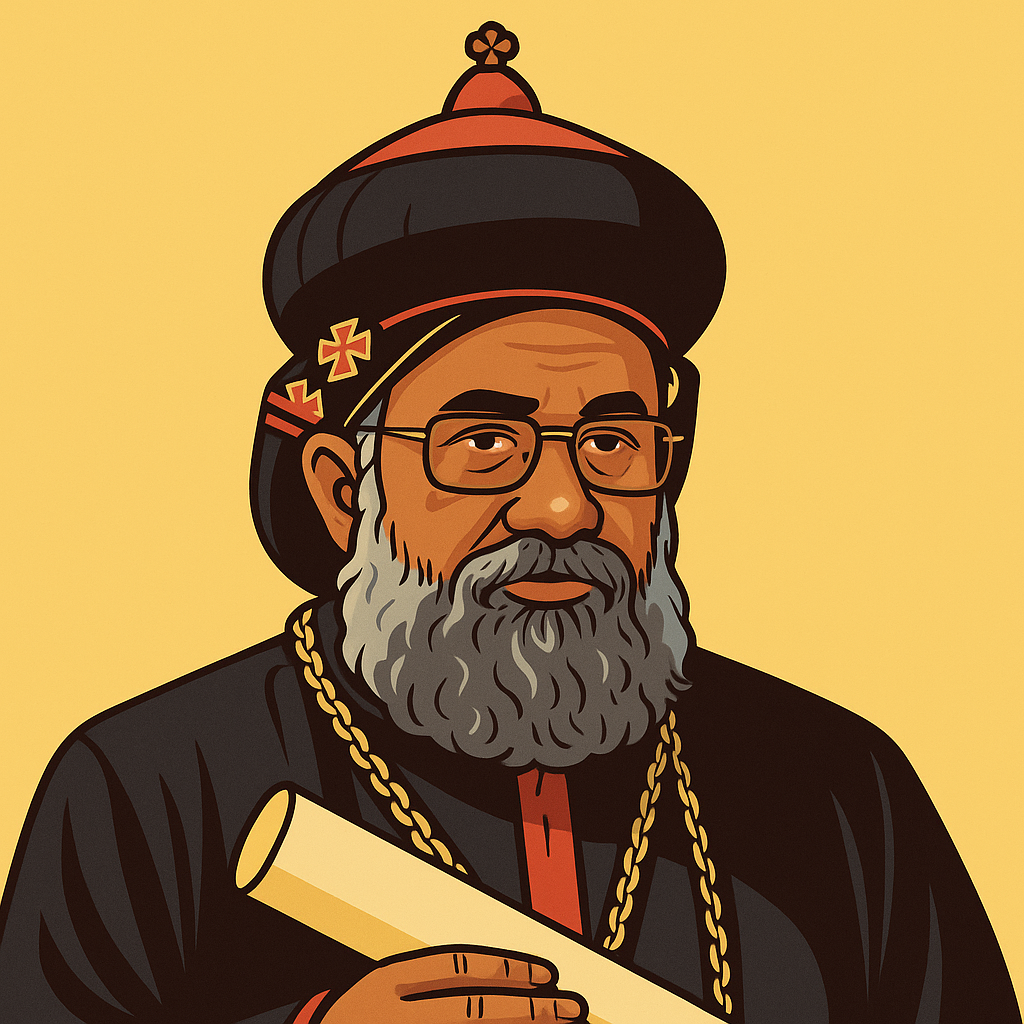
India
Indian cardinal of Syro-Malankara rite, known for his attachment to the Eastern traditions of the Church and his defense of traditional moral doctrine.
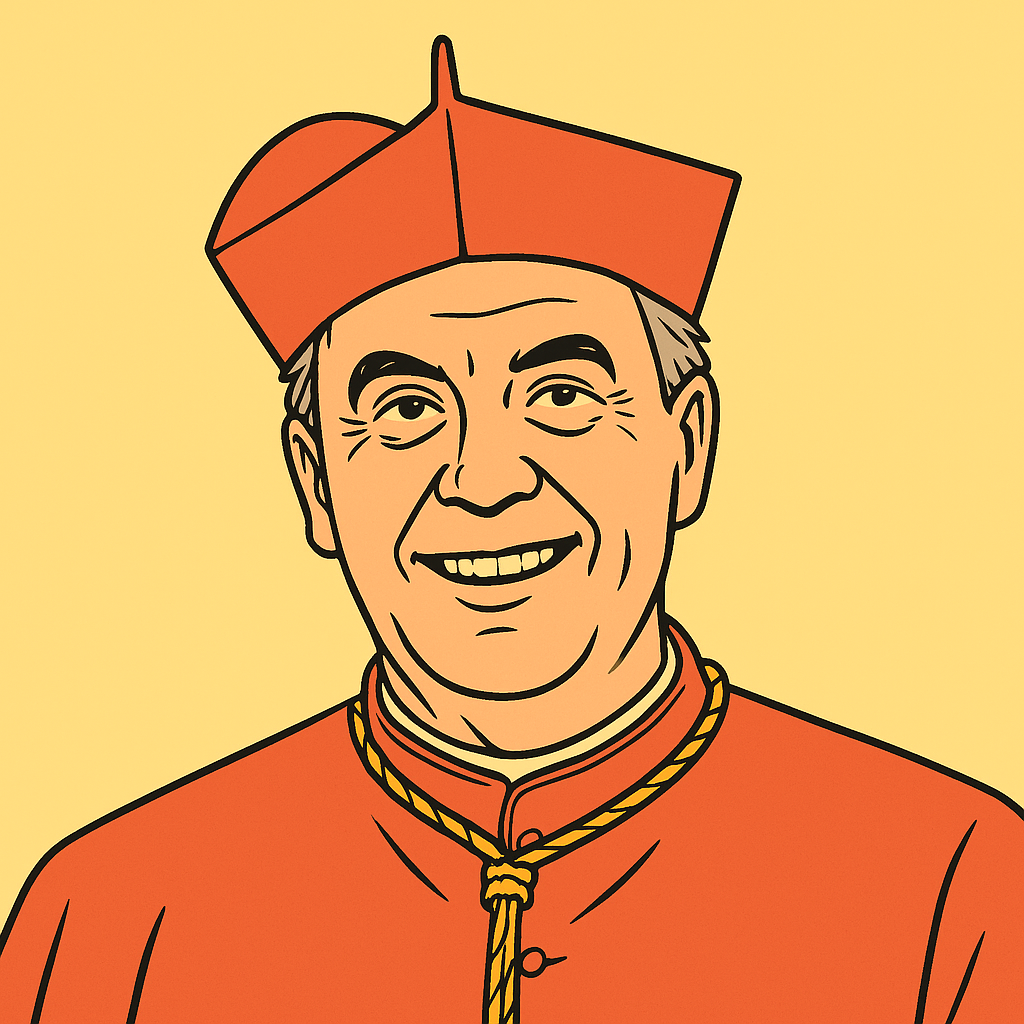
Spain
Spanish cardinal and Major Rector of the Salesians, known for his dynamic pastoral approach and commitment to youth.
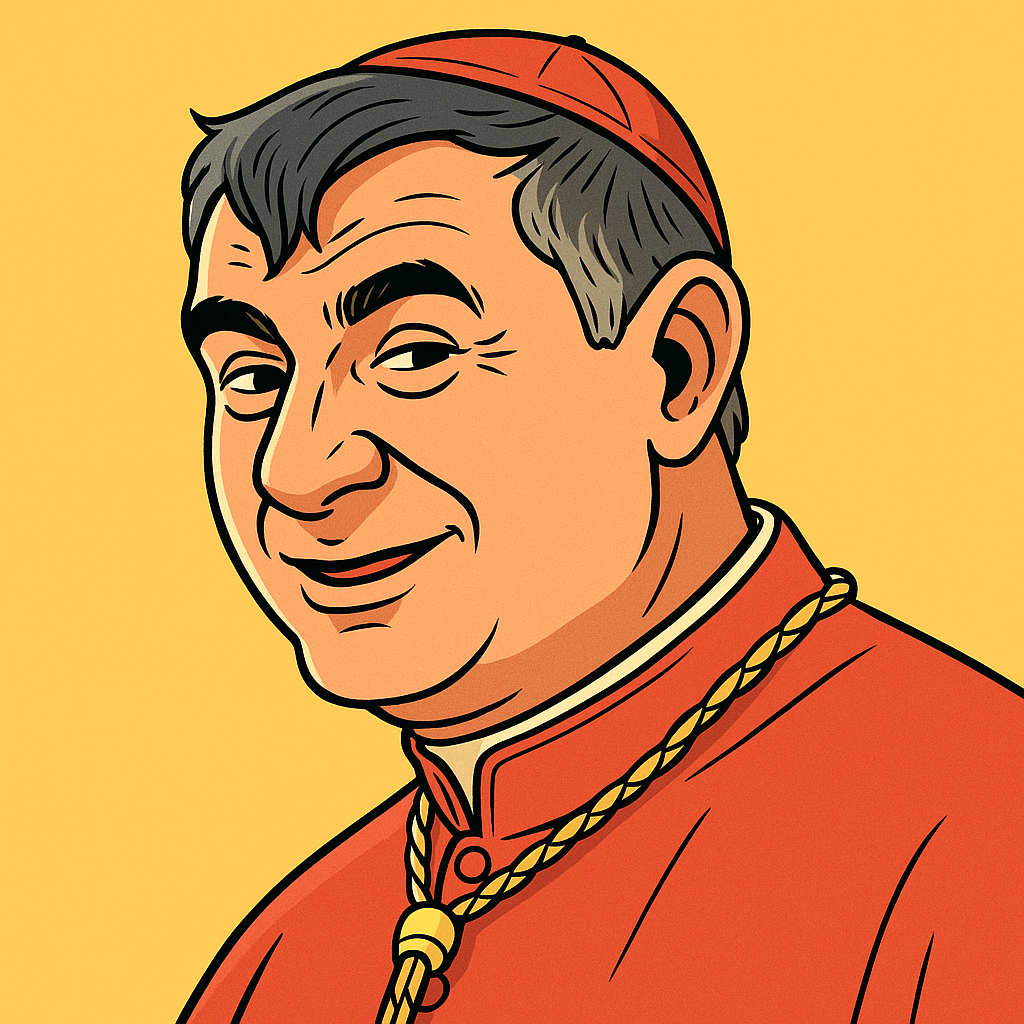
Italy
Italian cardinal, Archbishop of Turin, theologian, known for his intellectual and open pastoral approach, in a balance between tradition and reform, close to Pope Francis' vision.
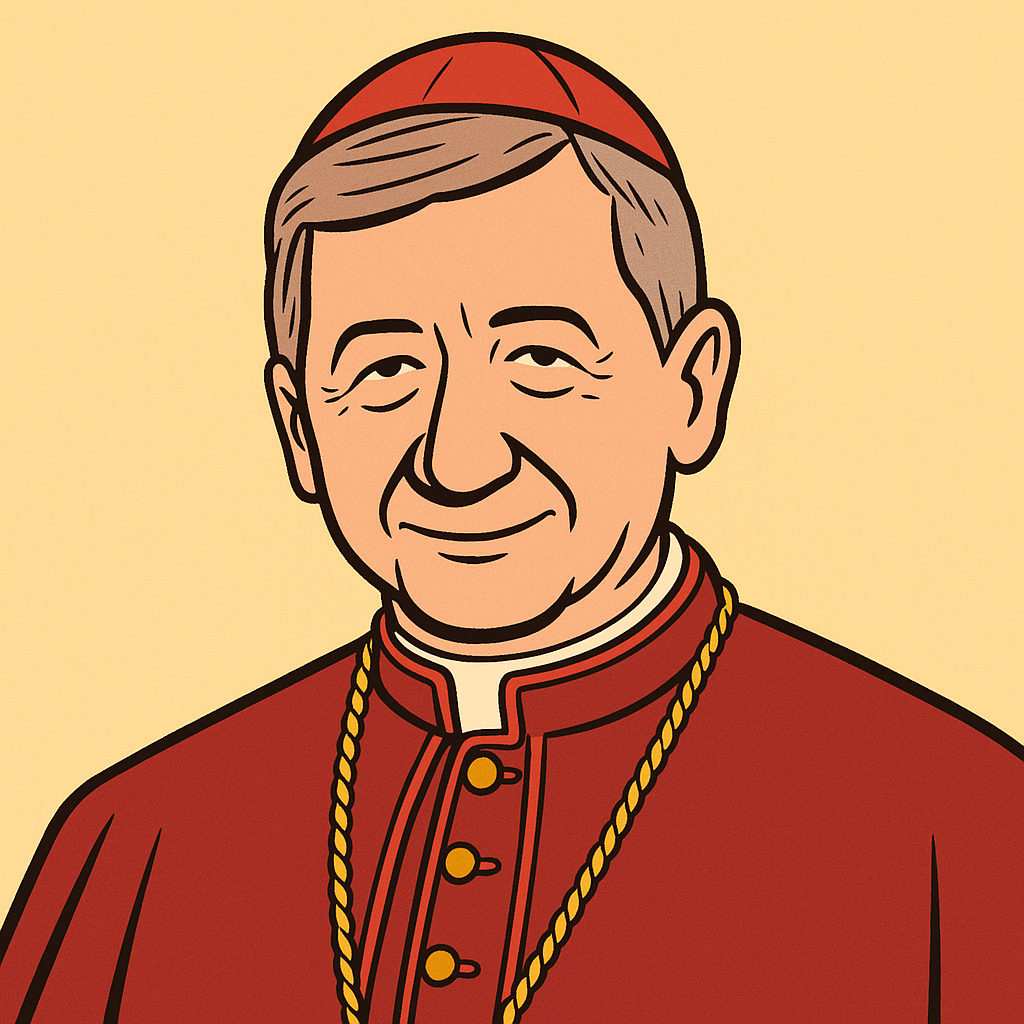
United States
American cardinal considered progressive, close to Pope Francis, known for his open positions on social issues and pursuit of dialogue.
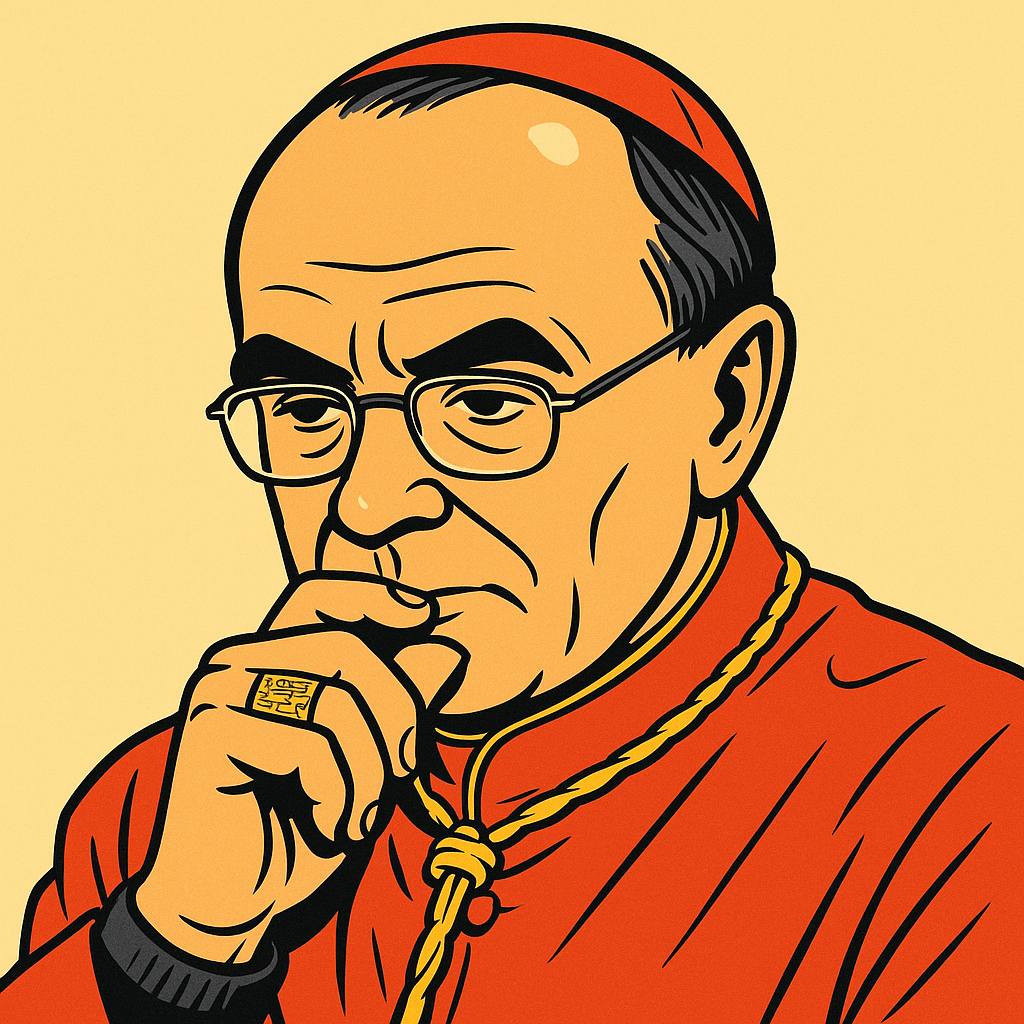
France
French cardinal, Archbishop Emeritus of Lyon, known for his missionary dynamism but whose career has been marked by controversy over the handling of sexual abuse in his diocese.
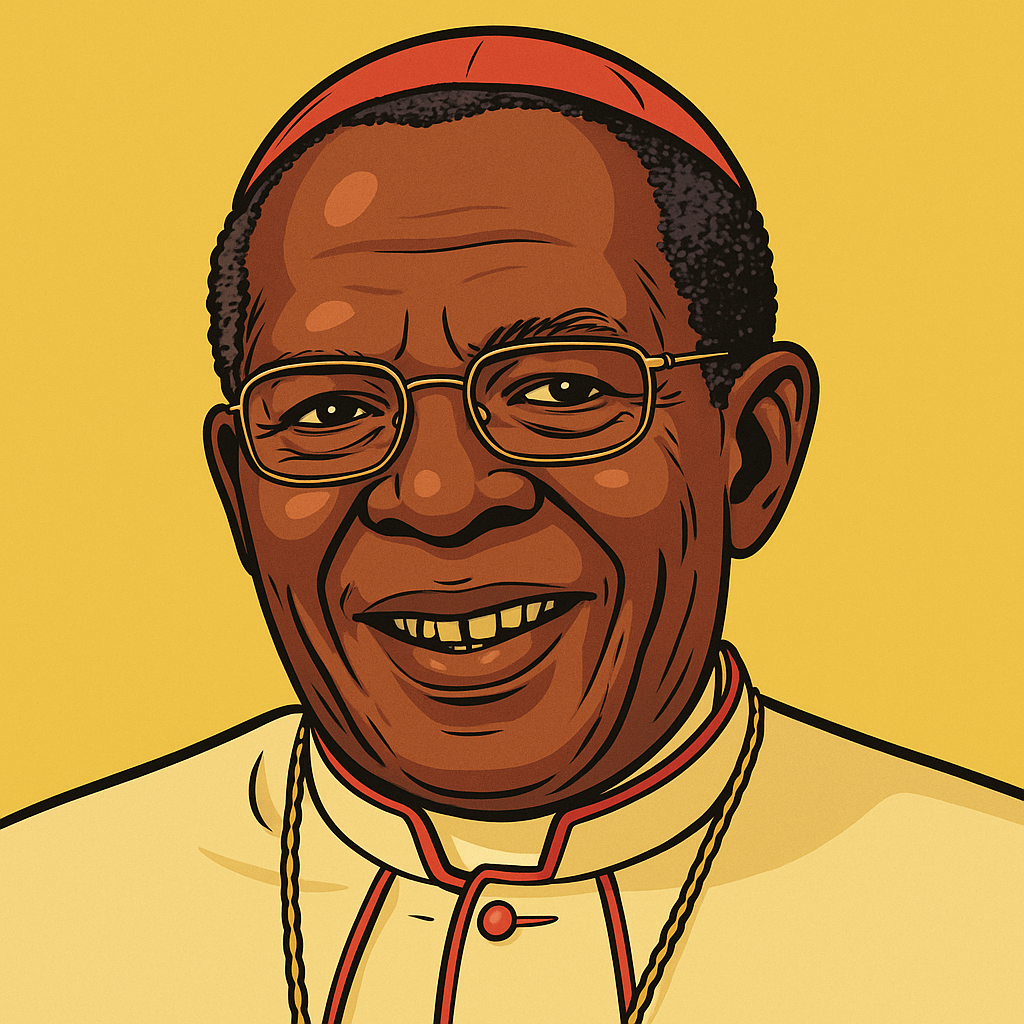
Kenya
Kenyan cardinal, Archbishop Emeritus of Nairobi, known for his conservative positions on moral issues and his leadership in the growing African Church.
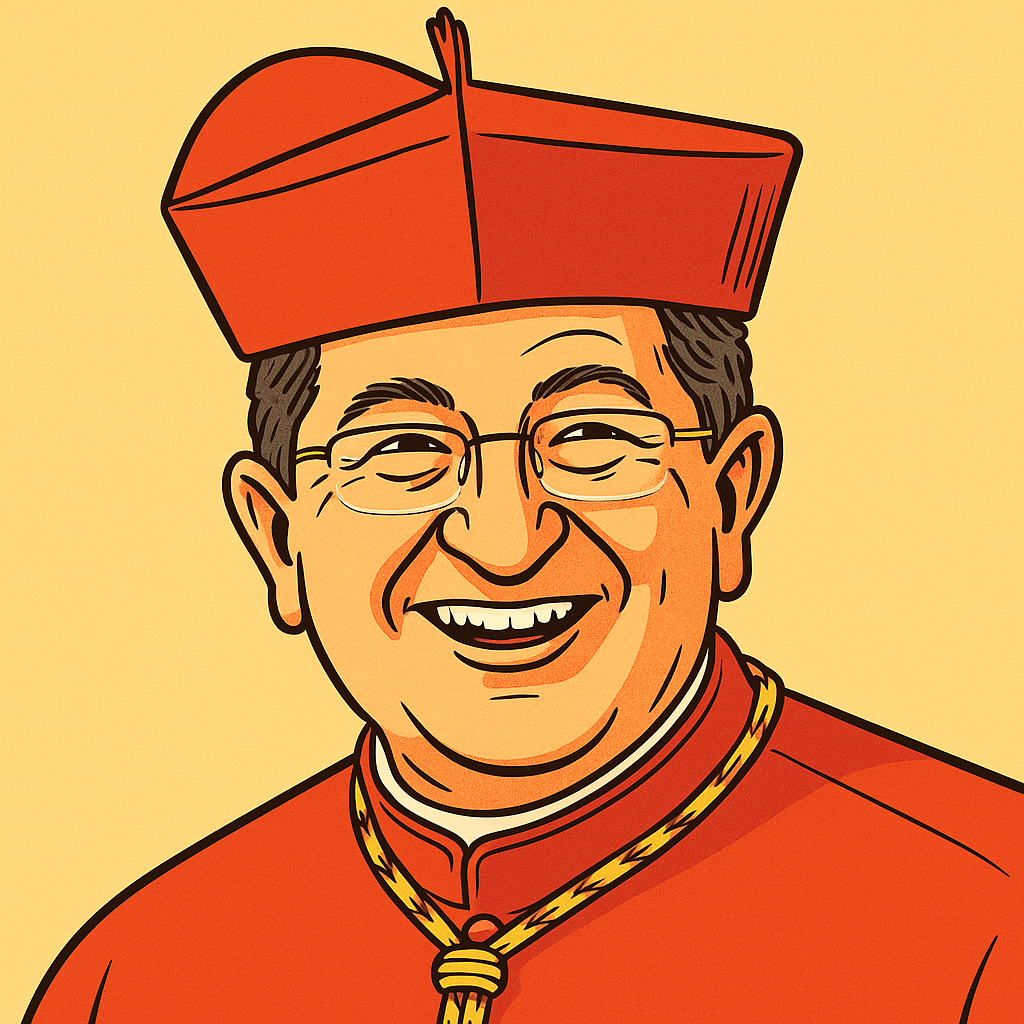
Italy
Italian cardinal, Archbishop of Florence, known for his conservative doctrinal positions and intellectual work, while remaining engaged in pastoral dialogue.

Italy
Italian cardinal, Grand Master of the Order of the Holy Sepulchre, former prefect of the Congregation for the Evangelization of Peoples, known for his missionary and diplomatic experience.

United States
American cardinal, known for his conservative positions on doctrine and liturgy, while seeking unity in a divided ecclesial context.
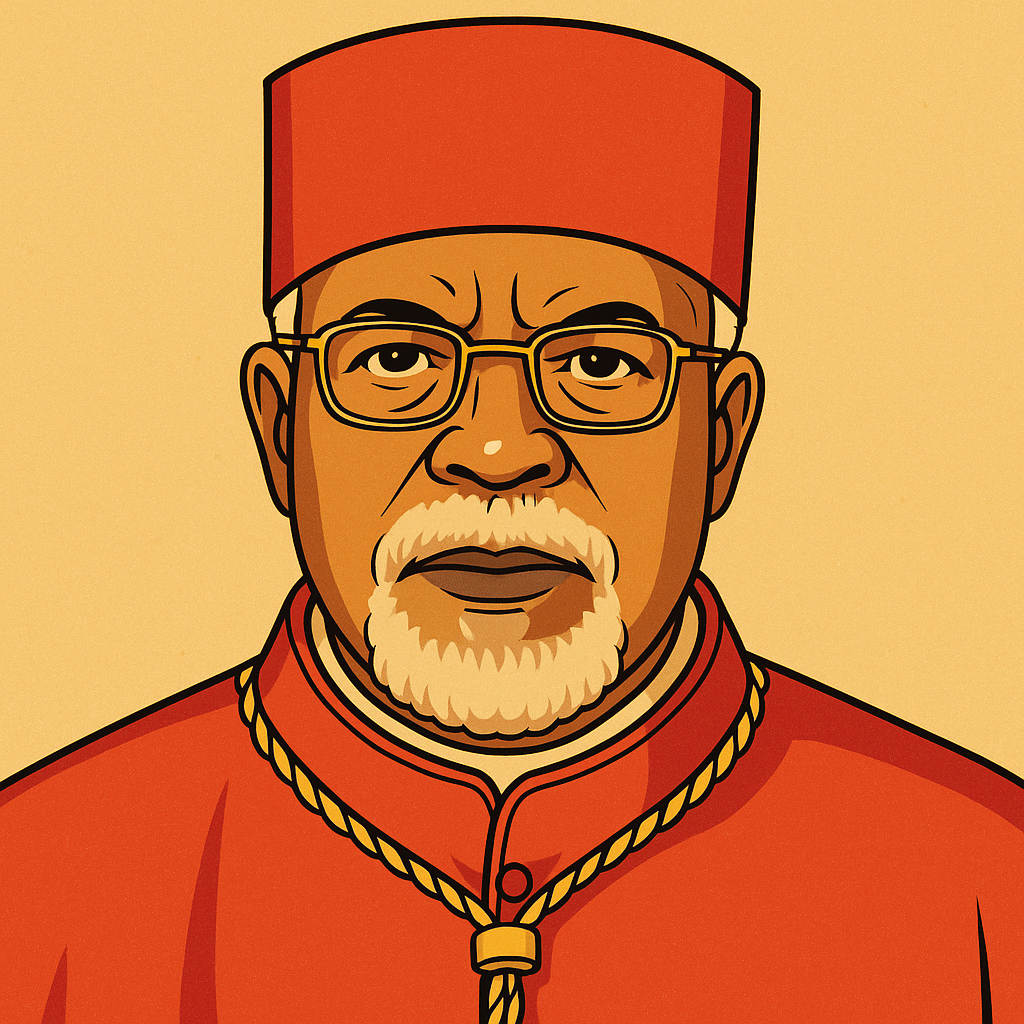
Ethiopia
Ethiopian cardinal of Eastern rite, known for his defense of traditional Church values and his pastoral work in a context of religious tensions.